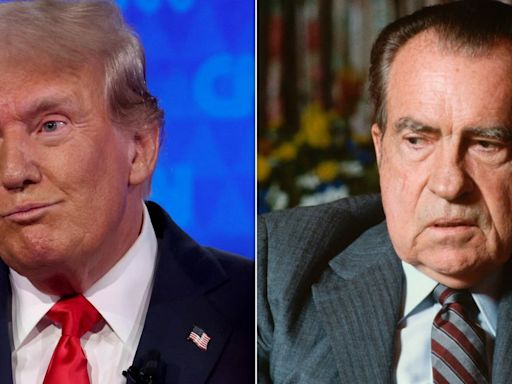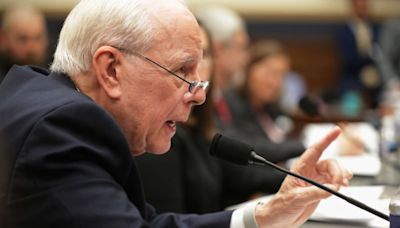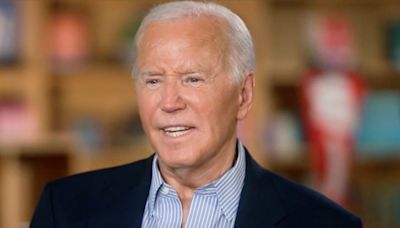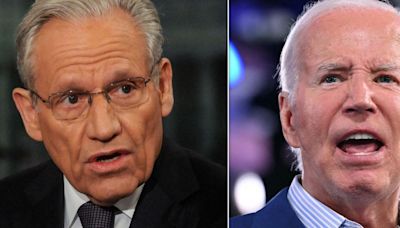Search results
2 days ago · Richard Nixon 's tenure as the 37th president of the United States began with his first inauguration on January 20, 1969, and ended when he resigned on August 9, 1974, in the face of almost certain impeachment and removal from office, the only U.S. president ever to do so.
3 days ago · It got me thinking about Watergate and what might have happened to Richard Nixon if this Supreme Court ruling had been on the books back in 1974. Nixon resigned to avoid impeachment.
2 days ago · Richard Nixon would have been thrilled with the ruling of the U.S. Supreme Court in Trump v. United States earlier this week. I would know. I served as Nixon’s White House counsel until he fired ...
1 day ago · Nixon denied that this constituted an obstruction of justice, as his instructions ultimately resulted in the CIA truthfully reporting to the FBI that there were no national security issues. Nixon urged the FBI to press forward with the investigation when they expressed concern about interference.
3 days ago · In doing so, Nixon offers a theory of executive prerogative that goes beyond that offered by Jefferson and Lincoln (Letter to John B. Colvin (1810); Letter to Albert G. Hodges (1864)). Unlike Jefferson, Nixon argues that the Constitution itself allows the president to break the law.
2 days ago · If the new Supreme Court decision, Trump v. U.S., had applied back in 1974, could President Richard Nixon have been prosecuted for Watergate? Or would the decision shield Nixon from criminal...
2 days ago · The impeachment process against Richard Nixon was initiated by the United States House of Representatives on October 30, 1973, during the course of the Watergate scandal, when multiple resolutions calling for the impeachment of President Richard Nixon were introduced immediately following the series of high-level resignations and firings widely ...






